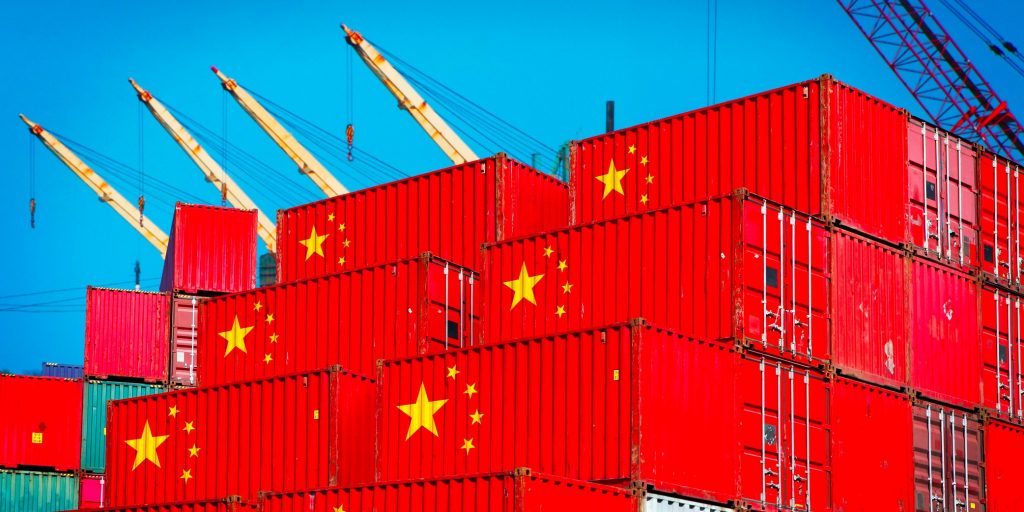For years, Buffalo manufacturers have been competing—and often losing—against government-owned Chinese companies. US manufacturers are among the most productive in the world, but they simply can not overcome the hurdles posed by China’s longstanding predatory trade practices, including dumping, subsidies, intellectual property theft, and forced technology transfer. President Trump’s tariff plans will confront and deter China’s ongoing economic aggression.
Op-ed originally appears on The Buffalo News
Action is long overdue. Negotiations with China, and often including Europe and other countries, have been tried—but failed. Presidents Bush and Obama engaged in years of futile economic dialogue with China to resolve issues of trade cheating, government subsidies, and currency manipulation.
Chinese firms have repeatedly hacked America’s leading companies and stolen proprietary technology to build their economy. US firms are not allowed to sell in China unless they manufacture there. US companies are also required to transfer key technology at coercively low prices—all in exchange for short-term market access.
According to indictments and other court documents, Chinese companies have stolen proprietary US technology for products including nuclear power generators, solar cells, Internet software, and Internet hardware. It’s estimated that 20 percent of the wind turbines in China today rely on technology stolen from a US company.
Rather than trade fairly with US suppliers, China has long favored its own companies, racking up a $375 billion trade surplus with the United States in 2017 and setting a new world record bilateral trade imbalance.
Importantly, United States still maintains the world’s wealthiest consumer market. And this gives the president leverage needed to take action in three key areas.
First, the Trump Administration is planning to levy tariffs on products that benefit from China’s industrial policy. Those who claim “protectionism” forget that tariffs are allowed by global trade rules to address trade cheating.
Second, Beijing has perfected the art of “weaponized investment.” Awash in surplus trade dollars, China’s government-supported companies have systematically acquired US firms and technology, including high-tech producers of semiconductors and other advanced systems. The US is developing a plan to limit China’s purchase of critical American technologies that currently provide a strategic advantage.
Third, the United States is right to use the WTO to stop Beijing’s imposition of coercive licensing requirements on US companies. Many firms are required to sign licensing agreements with Chinese companies at low prices as a condition of selling there. But this is a devil’s bargain that merely yields short-term market access while surrendering long-term viability.
The Trump Administration’s action on tariffs, investment, and WTO cases are the right first step. But the administration must evolve its response to limit undue retaliatory harm. A comprehensive tariff plan must be combined with both an industrial strategy and a policy that manages the dollar’s exchange rate—to make American goods more competitive both at home and overseas. All of this is necessary to confront China’s predatory trade and to preserve America’s productive economy.
Michael Stumo is CEO of the Coalition for a Prosperous America.













